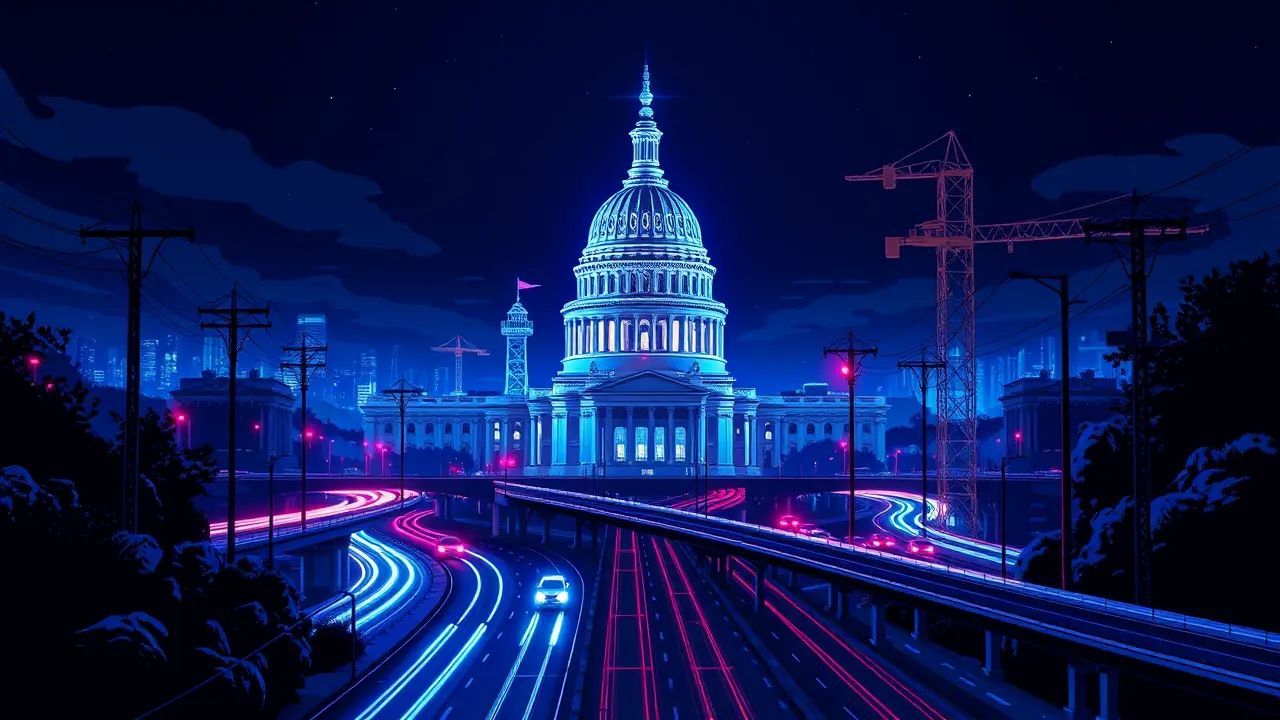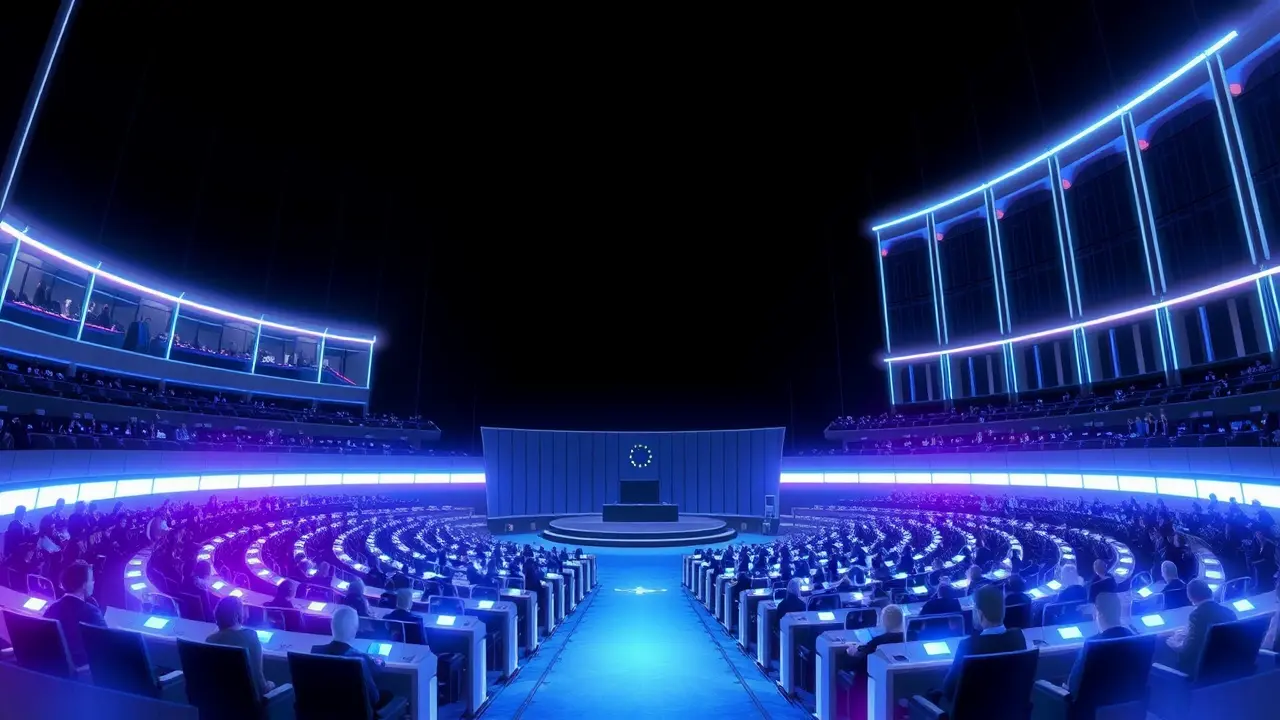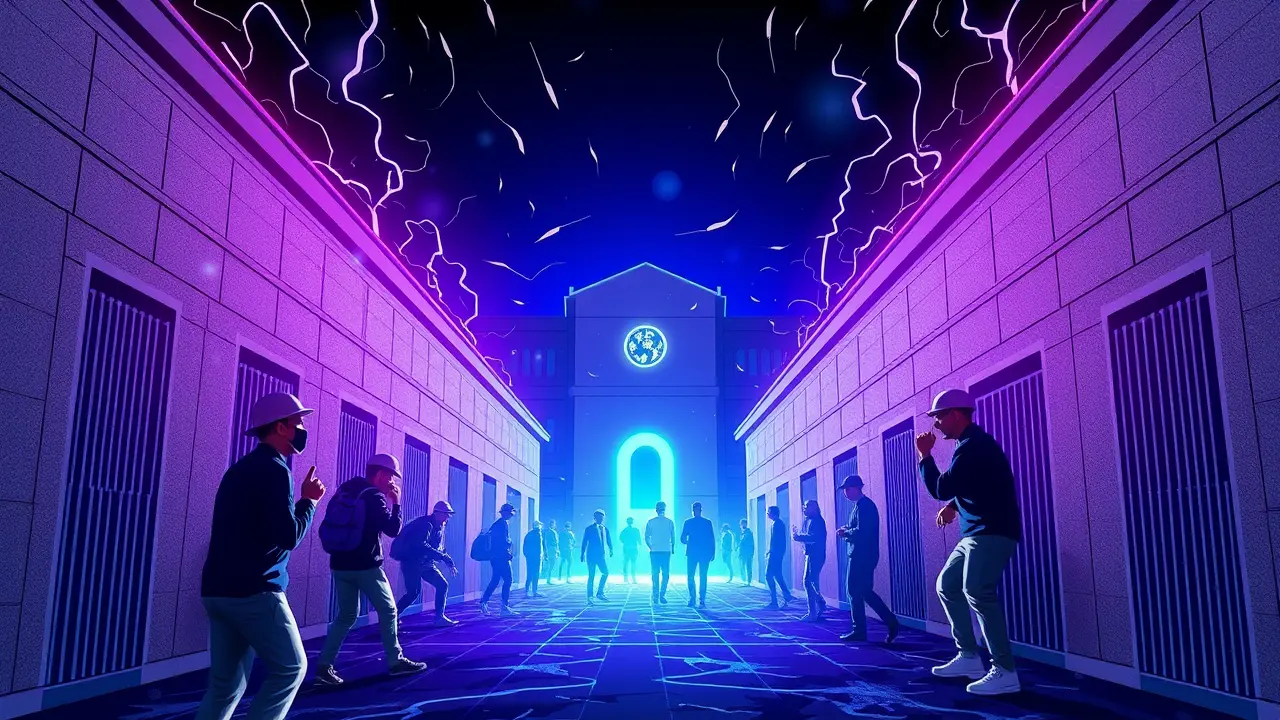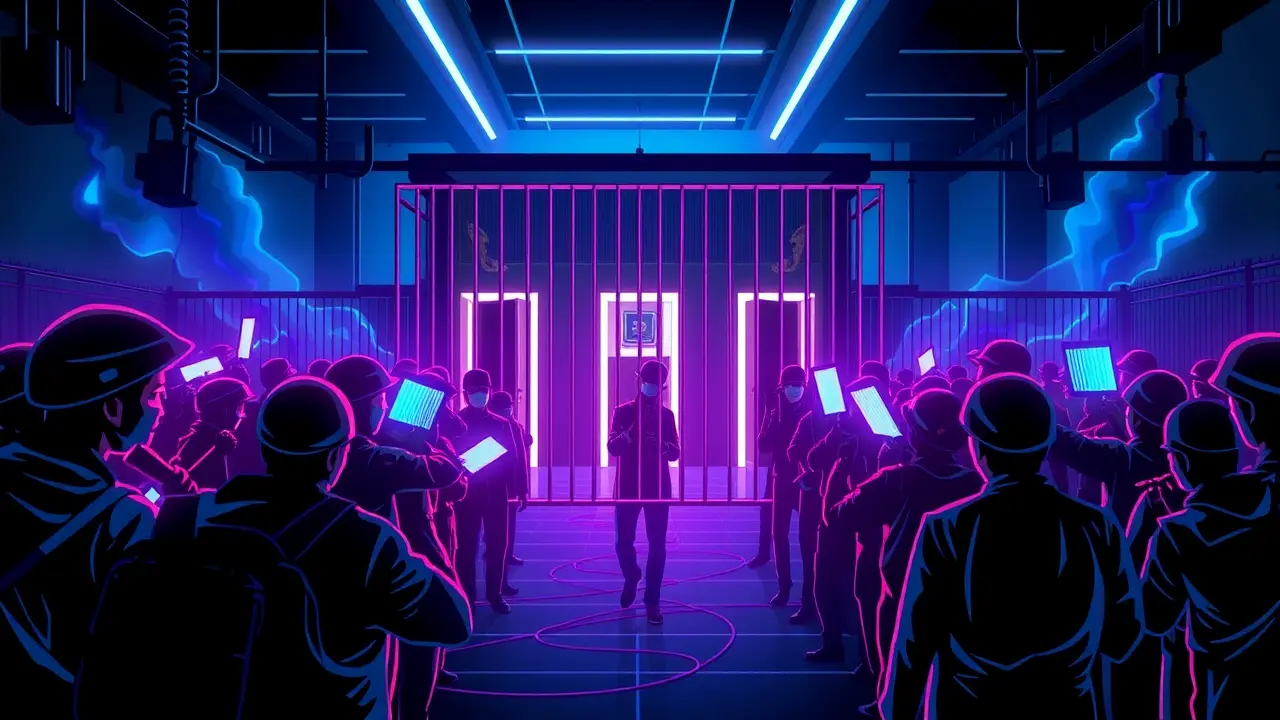
PoliticslegislationNew Bills and Laws
US Congress Passes Major Infrastructure Funding Bill.
MA
Mark Johnson
1 day ago7 min read
In a political maneuver that felt more like a masterclass in legislative trench warfare than a simple vote, the US Congress has finally passed a monumental infrastructure funding bill, a victory that didn't just happen overnight but was forged in the crucible of months of brutal negotiation, strategic leaks, and high-stakes political poker. Think of it less as a bill signing and more as the culmination of a grueling national campaign where the final vote was merely the election night result.The numbers tell one story—a multi-trillion-dollar injection aimed at everything from crumbling bridges and lead-pipe-laden water systems to a national build-out of electric vehicle charging networks and high-speed broadband meant to finally drag rural America into the 21st century—but the real narrative is in the backroom deals and the whip counts. This was the Biden administration's D-Day, their signature domestic policy objective, and they had to marshal every ounce of political capital, navigating a razor-thin majority in the House and an evenly split Senate where every single Democrat became a pivotal swing vote, each with their own price and their own constituency to appease.The opposition campaign was fierce, framed by critics as fiscally reckless in an era of soaring inflation, a Trojan horse for the Green New Deal that would saddle future generations with debt. Yet, the administration's messaging, honed by teams of pollsters and ad makers, hammered home a simple, powerful slogan: 'Build Back Better.' They framed it not as a partisan wishlist but as a long-overdue investment in American competitiveness, a direct counter to the rise of China's infrastructural might, a nation-building project for the 21st century that echoed the ambition of the Interstate Highway System under Eisenhower. The lobbying efforts were a spectacle in themselves, with chambers of commerce, labor unions representing millions of construction workers, and mayors from both red and blue states forming an unlikely coalition, bombarding congressional offices with data on local bridge conditions and economic impact studies.The final passage, therefore, wasn't just a policy win; it was a testament to a specific political strategy that prioritized a big, tangible legacy project, betting that voters would reward concrete results over ideological purity. The immediate consequences are clear: a tidal wave of federal dollars is about to hit state capitals, triggering a construction boom that will create jobs for years.But the longer-term political ramifications are the real intrigue. Will this bill be remembered as the moment America recommitted to its foundational strength, or will it be weaponized in the next election cycle as a symbol of runaway government spending? The battle for the narrative is just beginning, and the infrastructure of American politics itself is now the next project in need of repair.
#editorial picks news
#US Congress
#infrastructure bill
#bipartisan agreement
#funding allocation
#transportation
#broadband
#climate resilience
Stay Informed. Act Smarter.
Get weekly highlights, major headlines, and expert insights — then put your knowledge to work in our live prediction markets.
Related News
© 2025 Outpoll Service LTD. All rights reserved.









